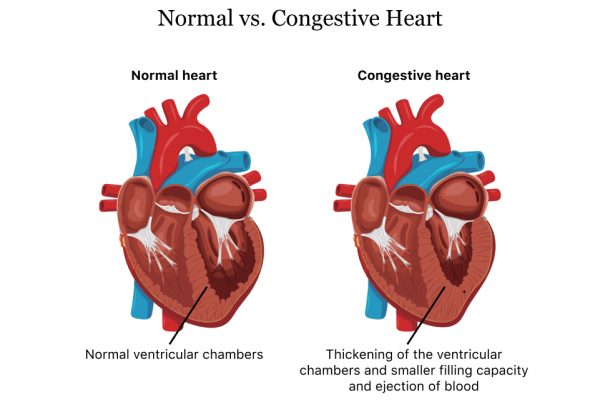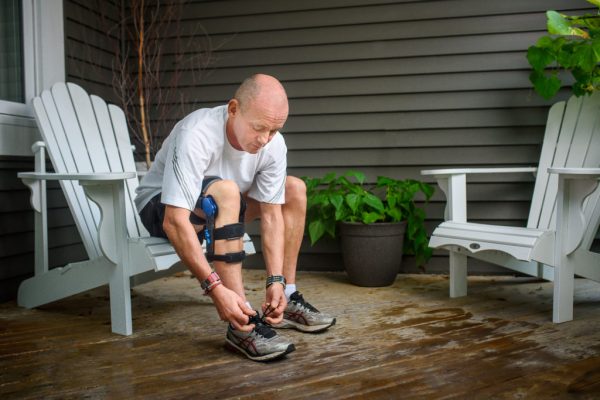Providing your elderly family member with the best care, especially when their health starts to deteriorate or they can no longer manage their medication, meals, and personal hygiene is critical. However, choosing the right care option for your loved one can be challenging because, along with ensuring that they are well cared for, you do not want to upset or anger them or take away your elderly parent’s dignity. Read on for four elder care options you should consider to enable your loved one to age gracefully and with dignity.
Table of Contents
1. In-home care for Elder Care Options
In-home care is an elder care option that enables your loved one to age in place. Instead of moving into a nursing home or an assisted living household like Longhouse, your elderly family member stays in their homes. In-home care is perfect for seniors who can live independently with minimum help from professionally trained caregivers. Caregivers offer cooking, housekeeping, and shopping, among other tasks your loved one cannot accomplish alone.
Ensure your home is in a safe neighborhood, and you or other family members and friends live nearby, and that you modify the house to accommodate your loved ones’ needs, including mobility, balance, and coordination issues, if you choose the in-home care option.
2. Assisted living facilities
If your loved one requires assistance with personal care, can no longer drive, and requires a round-the-clock emergency response, you should consider enrolling them in a reputable assisted living facility. An assisted living facility, also known as a personal care home or assisted living community, allows your loved one to live with a roommate or in a private apartment where they get help with activities of daily living, including bathing, dressing, cooking, shopping, and transportation.
Most assisted living facilities also offer recreational programs and host interactive and social events to enable seniors to maintain an active social life. An assisted living community is an excellent option if your loved one has a progressive illness like Alzheimer’s. This is because a personal care home has highly trained caregivers who provide specialized care tailored to the patient’s needs.
3. Nursing homes
Nursing homes, also known as skilled nursing centers, are care facilities that provide 24/7 healthcare services. They are staffed with trained professionals, including nurses and doctors, and offer services like rehabilitation, skilled nursing care, physical therapy, occupational therapy, and help with activities of daily living. A nursing home is the appropriate care option for your loved one if they often require daily help from medical professionals for intravenous medication, diabetes injections, or insulin monitoring. You could also enroll your elderly parent in a nursing home if they can no longer bathe, dress, or feed themselves.
4. Hospice
A hospice is a coordinated care program focusing on senior adults with a limited life expectancy or terminal illness. These care facilities are equipped with highly trained professionals who provide emotional, spiritual, and physical support to improve seniors’ quality of life during their last days. The caregivers do not aim to find a cure for your loved one’s condition. Instead, they offer relief to the condition’s symptoms to ensure comfort while promoting dignity.
Endnote
Choosing the best elder care option does not have to be daunting. Assess your loved one’s condition and need to determine whether in-home care, assisted living facility, nursing home, or hospice is suitable for your elderly parent.
I am an Ambitious girl with a special interest in writing and sharing my knowledge. I love to hangout with nature and learn from it. My words will display the power of nature to the best as I love to write about the environment.





